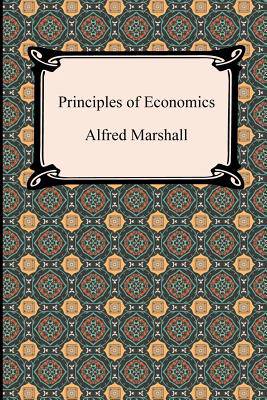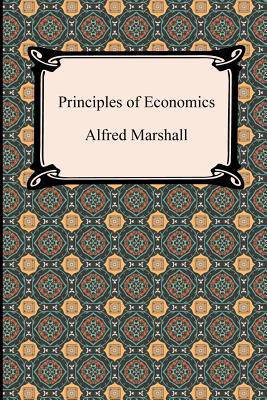
- Afhalen na 1 uur in een winkel met voorraad
- Gratis thuislevering in België vanaf € 30
- Ruim aanbod met 7 miljoen producten
- Afhalen na 1 uur in een winkel met voorraad
- Gratis thuislevering in België vanaf € 30
- Ruim aanbod met 7 miljoen producten
Zoeken
Omschrijving
Alfred Marshall (1842-1924) was one of the most influential English economists of his time. Known as one of the founders of neoclassical economics, Marshall desired to improve the mathematical rigor of economics and transform it into a more scientific profession. Although he took economics to a more mathematically meticulous level, he did not want mathematics to overshadow economics. Marshall began his significant work, the "Principles of Economics," in 1881 and spent much of the next decade at work on this discourse. "Principles" achieved worldwide reputation, becoming the most dominant economic textbook in England for many years. It positively shaped the teaching of economics in English-speaking countries. The main technical contribution was the masterful analysis of the issues of consumer surplus, increasing and diminishing returns, short and long terms, and elasticity. It brings the ideas of supply and demand, costs of production, and marginal utility into a coherent whole. In a broader sense, Marshall hoped to reconcile the classical and modern theories of value.
Specificaties
Betrokkenen
- Auteur(s):
- Uitgeverij:
Inhoud
- Aantal bladzijden:
- 532
- Taal:
- Engels
Eigenschappen
- Productcode (EAN):
- 9781420944440
- Verschijningsdatum:
- 1/01/2012
- Uitvoering:
- Paperback
- Formaat:
- Trade paperback (VS)
- Afmetingen:
- 152 mm x 229 mm
- Gewicht:
- 771 g

Alleen bij Standaard Boekhandel
+ 44 punten op je klantenkaart van Standaard Boekhandel
Beoordelingen
We publiceren alleen reviews die voldoen aan de voorwaarden voor reviews. Bekijk onze voorwaarden voor reviews.











